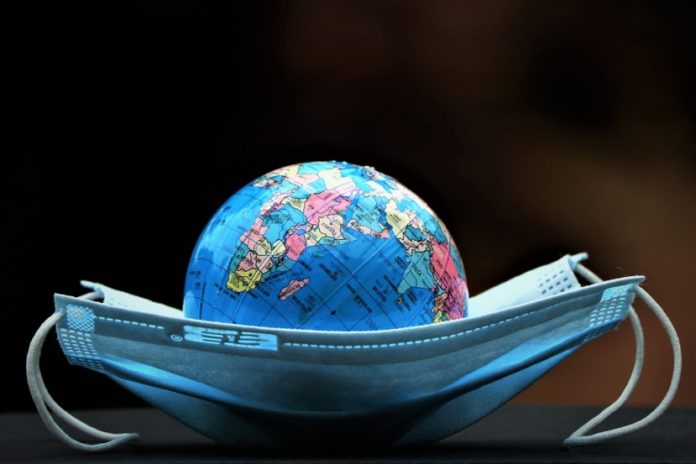
The Euromonitor survey for the GCC-EU project
1,560 professionals employed in the beauty and personal care industry from 55 countries around the world were interviewed by Euromonitor International through a survey aimed at understanding what the consequences of the health emergency have been on the cosmetics industry. Published in the monthly bulletin of the Global Cosmetic Cluster-Europe project, the survey highlighted trends and innovations that were born and matured during the months of the pandemic. Because if it is true that Covid 19 has upset every sector of human existence, it is equally true that it has brought with it changes that can be read in a positive key and towards which we need to reflect. Euromonitor’s activity has focused on these aspects, confirming that nothing will ever be the same again. But not necessarily worse than before.
Covid 19 accelerates digitalization and beauty as well-being
Euromonitor’s international analysis revealed three major guidelines. The first: digitization was one of the most profound changes with which we tried to cope with the pandemic. It is even becoming a key factor in access, virtual assistance, personal engagement and community building. Second: beauty is well-being. The convergence of beauty with health has undergone a further acceleration, offering a series of opportunities regarding new positioning and expansion of the portfolio. Third aspect, the guarantee of safety. The transparency of herbal / plant-based ingredients and formulations, for example, has gained further momentum, growing hand in hand with the emphasis on their health benefits.
The supply chain under pressure and transport problems also in 2021
Euromonitor’s survey confirmed that the immediate response to the pandemic for most beauty workers was to initiate or expand production capacity of hand sanitizers. This has led to an increase in demand for raw materials such as ethanol and isopropyl alcohol. The most pressing logistical challenges have been addressed, nearly 40% of industry respondents expressed lasting concerns about supply shortages in the short to medium term. A similarly high percentage recognized the need to diversify supply chains accordingly, with particular attention to the disruptions to transport and connections that are expected to persist, the simultaneous increase in shipping costs and the additional border restrictions imposed across much of Europe and in the rest of the world.

Virtual experiences and e-commerce full speed ahead
With the aim of building on digital activation and omnichannel strategies already observed before COVID-19, companies will have to increase virtual experiences together with the creation of new points of sale within social networks and livestreaming. Actions that are now vital for interacting with younger consumer cohorts, but also with new older e-commerce shoppers who, due to the crisis, have shifted to new shopping channels almost unthinkable for them.
To read the entire study and analyze data and graphs go to our action section or click here


















